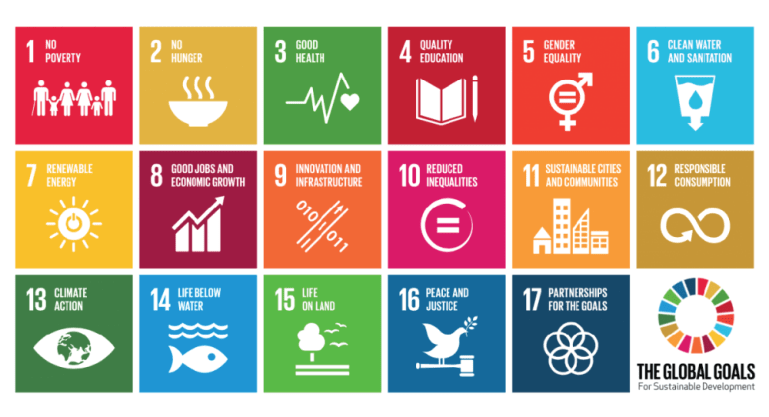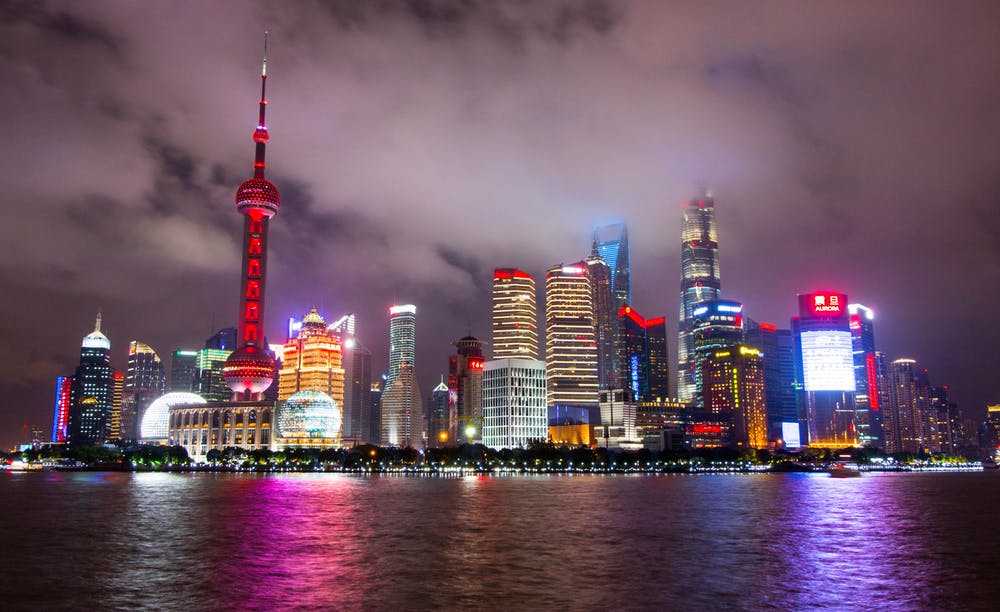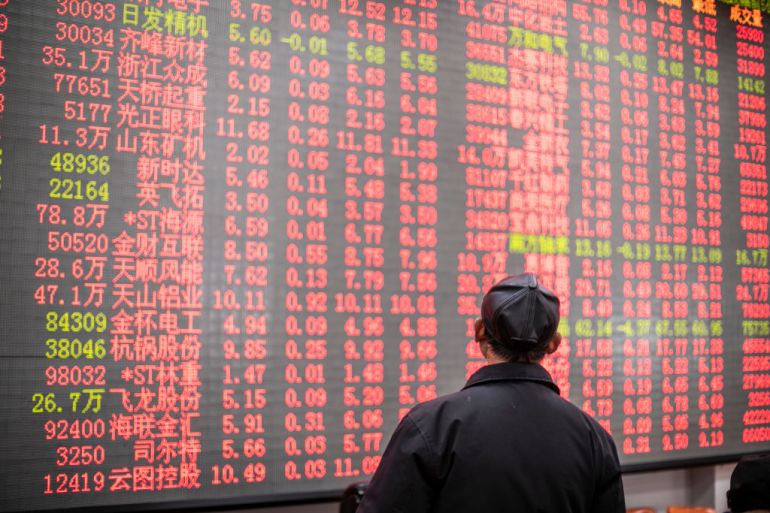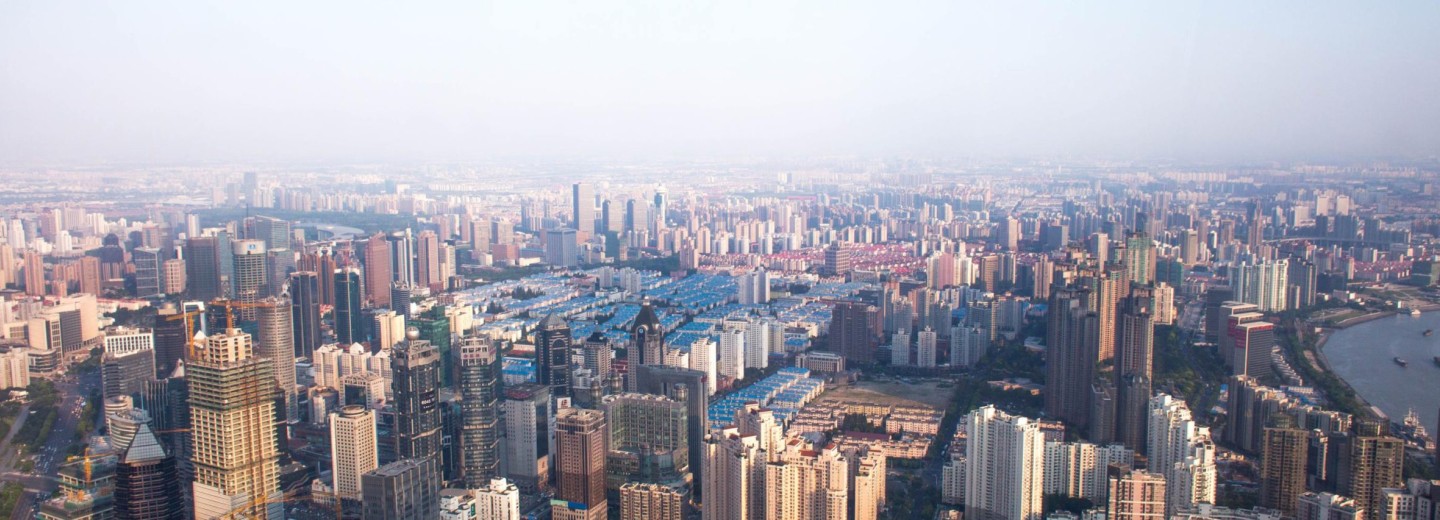The rich – poor gap
For years, governments and their citizens have expressed concern about the gap between the very rich and ordinary citizens. The gap is getting worse. And the COVID pandemic, like the financial crisis in 2008, will make the gap even larger.
Recent comment
Bernie Sanders in ‘The Guardian” writes:
The global charity, Oxfam:

In results released recently by research agency Glocalities, a global survey reveals that:

The OECD says:
These are recent opinions. No writer believes that the rich-poor gap is perfectly OK. We all agree that the rising wealth of the rich and increasing poverty of the poor is bad for everyone. Why, then, is no government doing anything about it? The simple answer is – nobody has wanted to enough – until now.
Today, one government is now taking steps.
The first breaking story
In July, the western world was alarmed by headlines such as “Crackdown on Chinese tech giants is ‘backfiring’ on Beijing, says academic” – CNBC. “China’s regulatory crackdown has wiped billions off tech stocks” said CNBC again as recently as 30th August. CNBC continued:
The Greater Bay Area (GBA) Insight, sends regular briefings prepared in Hong Kong about developments in the huge southern Chinese development zone. On August 6th its newsletter commented on the move by Amazon to ‘de-list’ many Chinese companies that had been selling globally through its platform. The newsletter wrote:
After much dire speculation, the article concludes:
In other words – the first thoughts of the western media about China’s moves were based on economics. ‘How could China shoot itself (and western investors) in the foot like this?’
New information – some clues
However, just one week later, GBA Insight began its newsletter with these words:

After speculating on various conspiracy theories, the letter continues:
Just three days later, on August 28th, this:
Common Prosperity
Observers began to understand what was happening.
However, the newsletter is pessimistic about the CCP’s chances of success in ‘levelling’:
What do Chinese writers say?
In our China News on Monday 6th, we quote from a long article in DW News in which the author explains why the CCP is taking these actions:
How remarkably similar this all sounds to the warnings about democracy and global tensions quoted at the beginning of this post!
Our view
Of the 230 protests now taking place worldwide, nearly half have an economic cause. Growing wealth gaps everywhere lead to social disruption. Whether governments are socialist or conservative, all profess concern at the effect of wealth gaps on their parties’ values and ethics. Why the gaps exist, why they are worsening and what to do about them are complicated issues. They are hard to address in any society – harder still in democracies.

China is taking bold steps to reduce its wealth gaps. It worries about having the right policies and introducing them firmly, more than it does about explaining them: the CCP has only itself to blame if citizens and commentators misunderstand and criticise it.
‘Common prosperity’ will meet opposition from many quarters, not least the rich themselves, as Beijing tries to implement this policy across China’s vast population. China has the advantage of a culture in which ‘community’ is more important than ‘self’. But it is still possible that the CCP will not succeed – or not succeed enough – in its attempts.
However, we should applaud these initiatives rather than sneer. We should see what other governments may learn from them. Doubts there will always be; nothing is perfect.
China is trying to do what almost all countries would like to do. Even cynics should give credit.
Worked on the article:

Wanlikhang





